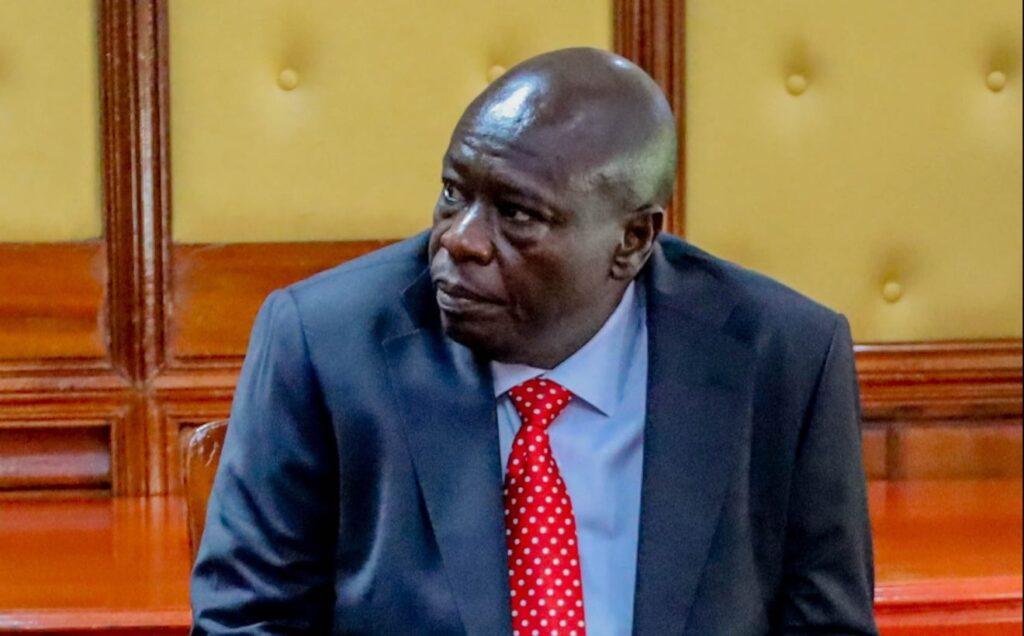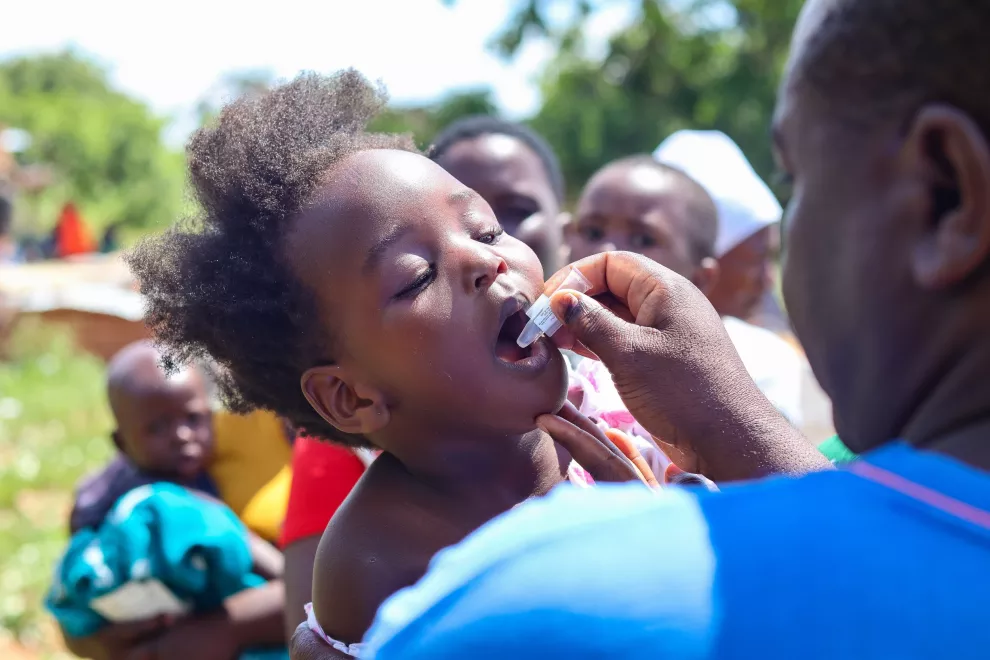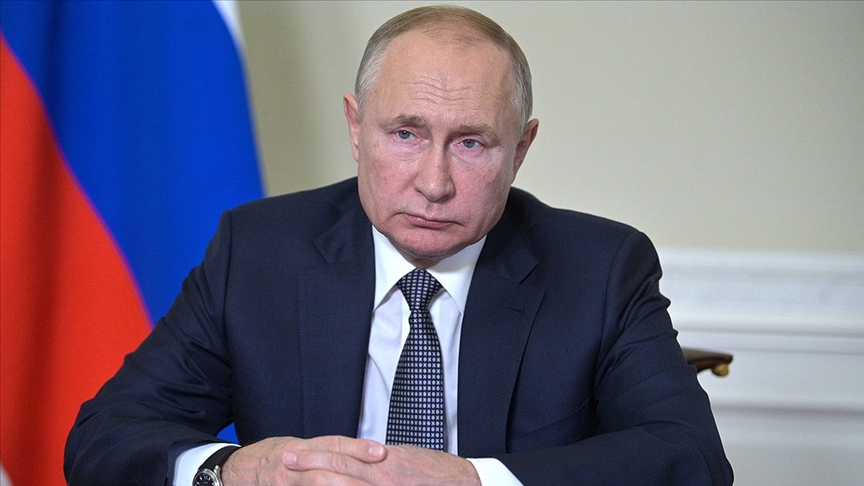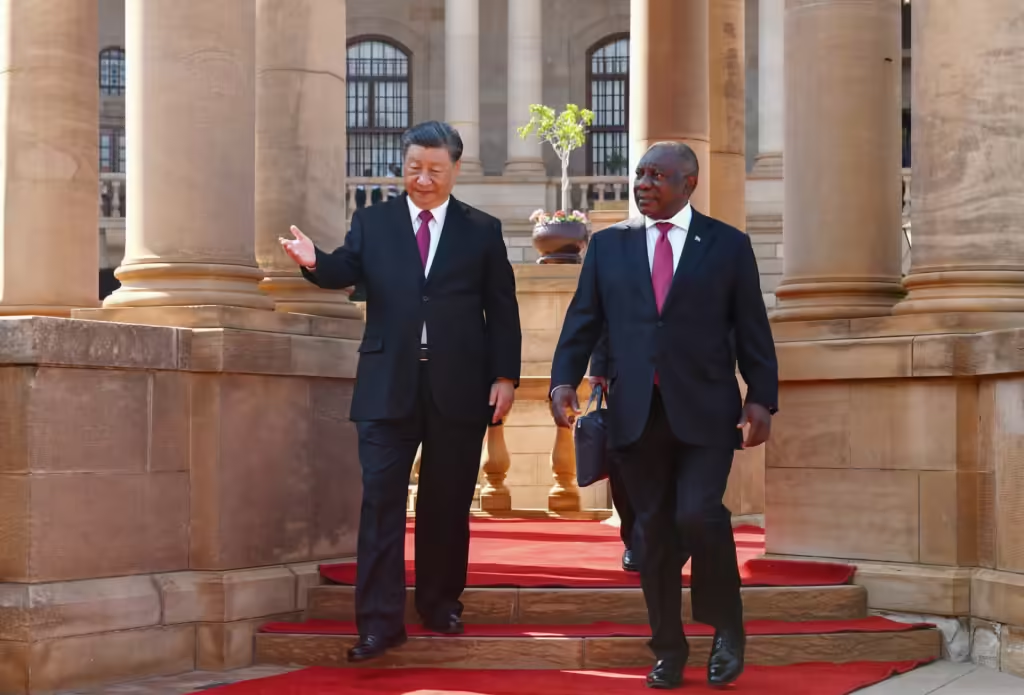Kenya’s impeached deputy president says his life is in danger
Lorem ipsum dolor sit amet, consectetur adipiscing elit, sed do eiusmod tempor incididunt ut labore et dolore magna aliqua. Ut enim ad minim veniam, quis nostrud exercitation ullamco laboris nisi ut aliquip ex ea Kenya’s impeached deputy president, Rigathi Gachagua, said Sunday that his life is in immediate danger, accusing President William Ruto of orchestrating efforts to harm him. Gachagua, who is facing charges of corruption, abuse of office and inciting ethnic tensions, told reporters Sunday that assassination attempts had been made against him and his security detail had been suddenly withdrawn. In a statement following his impeachment, Gachagua expressed deep concern for his safety and that of his family. “I don’t feel safe…There have been two attempts to poison me,” he said, referencing incidents in Kisumu and Nyeri, where he said undercover agents tried to tamper with his food. He also said that security personnel assigned to protect him were disarmed and ordered to stay away, leaving him vulnerable. “Don’t kill us. Don’t kill my children,” he pleaded, calling for President Ruto to “leave me alone.” Gachagua is preparing for a legal battle to challenge his impeachment. Legal proceedings will begin soon and scrutinize whether due process was followed during the impeachment. Ruto has nominated Interior Minister Kithure Kindiki as his deputy. Despite lawmakers confirming Kithure Kindiki as Kenya’s new deputy president on Friday, the High Court in Nairobi has temporarily halted his appointment. The court issued the order in response to an urgent petition challenging Kindiki’s nomination by President Ruto, effectively freezing the process until a hearing scheduled for Thursday. The petition claims that the appointment process violated constitutional provisions. All proceedings regarding Kindiki’s assuming office are on hold until the case is heard. consequat. Duis aute irure dolor in reprehenderit in voluptate velit esse cillum dolore eu fugiat nulla pariatur. Excepteur sint occaecat cupidatat non proident, sunt in culpa qui officia deserunt mollit anim id est laborum.
Kenya’s impeached deputy president says his life is in danger Read More »










